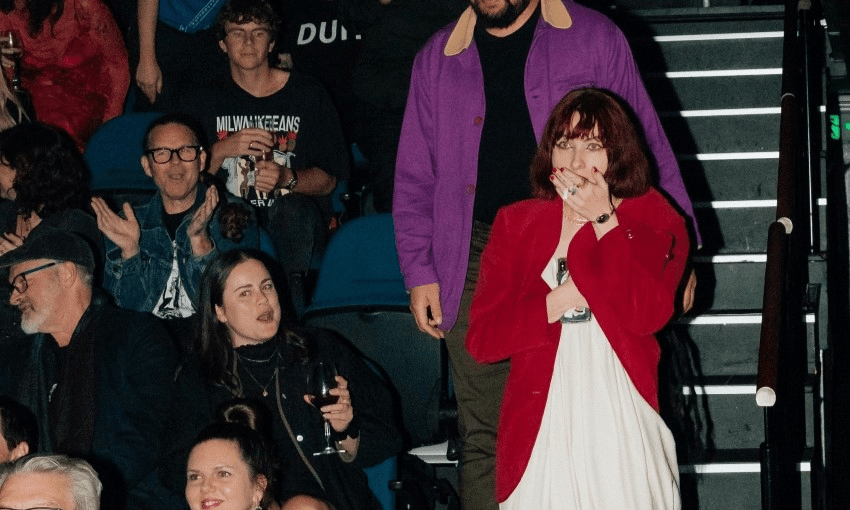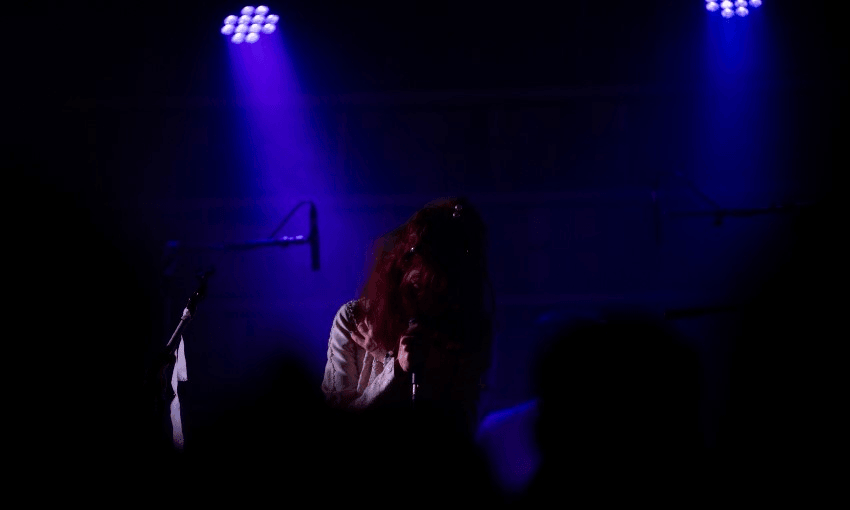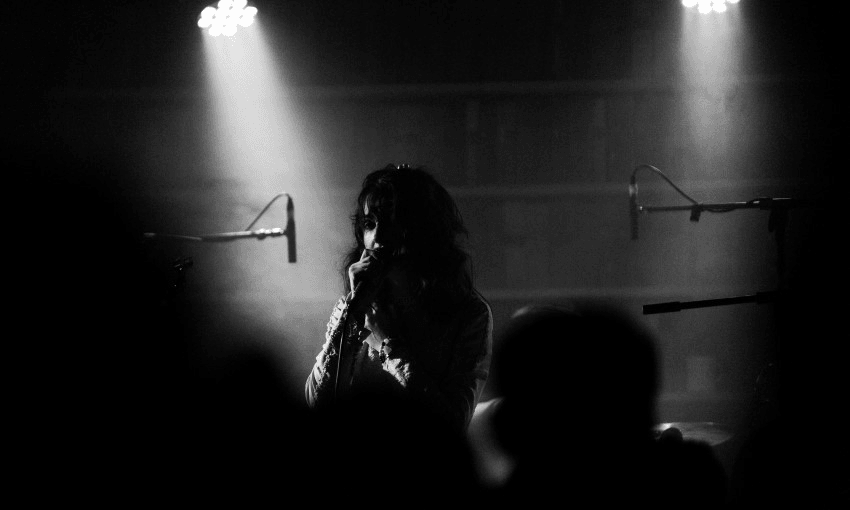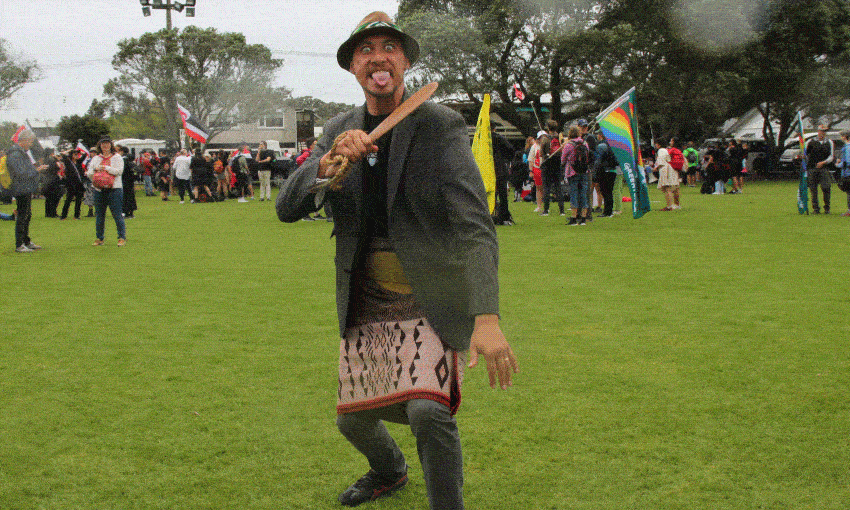My imposter syndrome attends every interview, intercepts every congratulation and barks at any bubbling feeling of pride, writes musician Vera Ellen.
How is this for perfect irony? I am currently experiencing imposter syndrome while writing this article. I find myself procrastinating, overwhelmed with intrusive thoughts. What makes you the expert on this, huh? You think yourself some kind of psychologist, do ya? Indeed, there has never been a sentence more perfectly designed for me than the Wikipedia definition of imposter syndrome: “a psychological experience of intellectual and professional fraudulence”. Sounds like a regular Tuesday. Though surely the very act of living in society requires some level of falsity or disconnect from one’s “authentic self”. Some level of performance. Maybe, we’re just not very convincing actors, even to ourselves. Maybe, there will never be an Oscar and we should reconsider clown school. Performance is a big part of what I do as a musician. It requires an internal separation of church and state, a compartmentalisation of self. This comes in a package deal with a feeling of fraudulence, but I believe this has come to serve me well.
My imposter syndrome lives in my stomach. It might try to relocate but I declare a housing crisis and swallow it down. Walking into the Taite Music Awards in 2022, I felt it there. Hush now! I told her. I was dressed just as fancy as everyone else, though I brought my entire family; which was cruelly apparent against a room of polite plus-ones. I was flagrantly too eager to be invited here. This seemed a recurring theme throughout my life. A dweller in spaces I didn’t belong. Invited in under false pretence only to discover I was three children stacked atop one another, drowning in an oversized trench coat. It began while growing up in the Hutt but attending a school in Wellington. I wasn’t like the badass kids in my neighbourhood, nor was I like the intellectual suburban ones. I was something else entirely. Perpetually liminal. But music gave me an identity. One that would tread neutral ground. In the space between my ever-evolving identities, I found my footing in the world. In the school band, my guitar solos were played with my back to the crowd, but I was a damn musician.
When I chose to open my album Ideal Home Noise with the song Imposter, I thought it a rather amusing premise. “Can’t you tell by the way that I posture? You’re a beautiful being and I’m an imposter.”
This is my album, but out the gate, I declare I’m not responsible for it. “Look at this gold I’m sitting on, I didn’t earn it,” I exclaim. By renouncing true ownership, I reject any praise or criticism before it’s even been determined. It was a way to disarm myself and the audience. If I admit my elaborate subterfuge, no one can say I didn’t warn them. Unwittingly over time, it became quite empowering. The term, less scary. Now, audiences were singing it back. So, if we’re all imposters, who are these psychologically aligned experts we’re comparing ourselves to?
When I returned to the Taite Awards two years later, something had shifted. I looked around the room and saw mostly familiar faces: old mate from student radio, that dude who lent me his guitar once, that pretty-eyed sound tech. I noticed everyone was unsure, overstimulated and lining up for a drink to cool their nerves. It’s not that I felt less of an imposter, I just noticed maybe we all are a bit. Trying our best to mask, for fear of rejection, because we all just want to be loved and accepted. When my name was called as the winner of the 2024 Taite Music Prize, it felt like instantaneously the entire room turned its head toward me. Eerily reminiscent of a recurring dream of mine, a familiar dissociation occurred. It remained with me during all my interactions that evening. In the early morning hours, I returned to my body. As I lay atop my niece’s bunk clutching her oversized teddy, a thought disturbed me. It was something like, I’d spent my whole life deflecting, and suddenly the finger was undeniably pointing at me. So what did my imposter syndrome do then? It got twice as bad. It attended every interview, intercepted every congratulation, and barked at any bubbling feeling of pride.
Last week at the Dowse Museum, I spoke on a panel with other creatives from the Hutt Valley. During the Q&A someone in the audience inquired about imposter syndrome. As I rambled on about how it played a significant role for me as a musician, I started to appreciate how much it had protected me. It distanced me from my creative output so I wouldn’t take on criticism and praise so brutally. It guided me to understand a healthy distinction between myself and what I produced. It sheltered my music from outside influence. What if imposter syndrome had been my advocate all along? Fighting my young developing ego from getting too big. Now that I’ve taken in her learnings, and accepted our often fraught relationship, maybe she can leave her home in the pit of my stomach and move on to better things.






















Discussion about this post